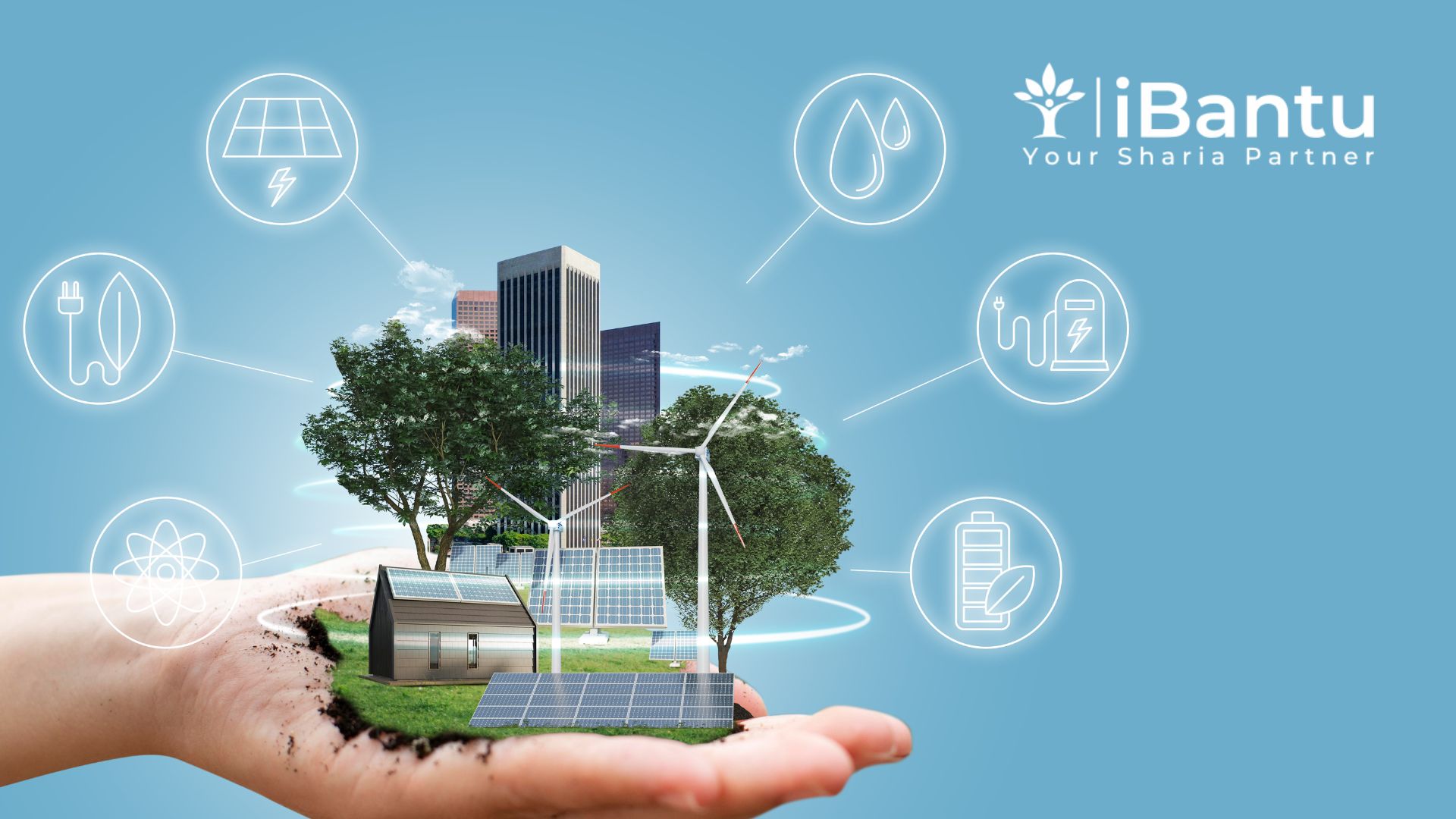“The ethical complexities urge us to aspire to a future where investments align with principles of fairness, equity, ESG consideration and sustainable development, acknowledging the rights and welfare of affected communities. Consequently, this perspective differs from the capitalist ideology that champions “The big eats small” or the idea that the powerful dominate the vulnerable.“
A plan to construct the world’s second-largest factory for manufacturing glass and solar panels on an Indonesian island, Rempang is facing opposition from residents who are slated for displacement due to the multi-billion-dollar initiative. Local authorities have employed forceful measures against the demonstrators, giving rise to concerns regarding potential human rights violations, such as the deployment of rubber bullets and tear gas near a middle school.
The government has defended its response and its determination to advance the project, asserting that it holds strategic national significance and that accommodation must be made for the investors. Critics have highlighted a change in the government’s stance, noting that it previously advocated for the rights of local inhabitants in similar disputes, suggesting a shift in priorities towards favoring “big capital” at the expense of local communities.
Geo & Demographic of Rempang Island
Rempang Island (Indonesian: pulau Rempang) is one of the Indonesian islands, located 2.5 km southeast of the neighbouring Batam Island, with the total land mass size of 165.83 km2. Rempang Island belongs to the three-interconnected islands group of Riau Archipelago known as Barelang (an abbreviation of Batam-Rempang-Galang), and administratively part of the Riau Islands Province. The nearest urban city to Rempang Island is Tanjung Pinang City, located on neighbouring Bintan Island.
The Rempang Malays are the native inhabitants of Rempang Island who have the same culture as the Malays in Riau and the Riau Islands in general as well as the Malays on the Malay Peninsula, more precisely Johor. In 2023, Rempang Malays population will number around 5,000 which consists of 3 sub-groups. Namely Galang Malays (Malay descendants from Galang Island). Secondly, Orang Darat (native inhabitants of Rempang Island who live nomadic lives in the forest). Thirdly, Orang Laut (nomadic fishermen or some who live permanently; inhabit the coast). All of them adhere to Sunni Islam which has its roots since the era of Riau-Lingga Sultanate.
The Controversial Development of Rempang Island: What Led to This Situation?
In the early 2000s, the Indonesian government devised an ambitious plan to transform Rempang Island. The plan involves eco-tourism and industrial projects such as a plan to construct the world’s second-largest factory for manufacturing glass and solar panels on Rempang island. This plan received official approval in 2004 and attracted international investors, though progress was slow. In 2023, China’s XinYi Group announced intentions to revive a stalled glass production facility on the island. However, this development required the relocation of all 7,500 island residents, with promises of new homes and financial support.
Tensions erupted in August and September 2023, leading to protests, riots, and clashes with police. Residents resisted relocation, citing long-term ties to the island, while authorities arrested protesters, raising concerns of excessive force and the haphazard use of tear gas. The dispute was further fueled by negative sentiments toward Chinese investments and ongoing efforts to engage with affected residents to resolve the conflict. As of September 2023, the situation remained contentious, with some residents still opposed to relocation.
Ethical Investment and Islamic Sharia Principles Review in the Rempang Island Issue
The Rempang Island development issue presents a complex ethical dilemma, particularly from an investment perspective, with implications for Islamic Sharia principles.
1. Ethicality of Large-Scale Industrial Projects and Property Preservation
The Rempang issue raises questions about the ethical investment and principles of large-scale industrial projects and their impact on local communities. The government’s assertion of the project’s strategic national importance suggests a focus on economic growth and attracting foreign investment, potentially at the expense of the island’s residents. From an investment ethical standpoint, there is a need to consider whether such projects align with principles of fairness, equity, and sustainable development.
Meanwhile, Islamic Sharia principles through Maqasid Sharia emphasize fairness, justice, and the welfare of communities, and investors should evaluate whether their participation in projects like these upholds these values. This project actually is not aligned yet with preservation of Property (Hifz al-Mal) on Maqasid Sharia: This objective emphasizes the protection of property rights and economic well-being. The project impacted the local communities property, and required them to move, because their legal property will be displaced by the development project. Sure, it will be compensated, but is that really what they want? It appears that they are unwilling to give their approval or consent to relocate unless compelled to do so.
2. Human Rights Violations and Dignity Preservation
Secondly, the use of forceful measures against protesters has raised concerns about human rights violations, including the deployment of rubber bullets and tear gas. Islamic Sharia principles place a strong emphasis on the protection of human rights and dignity through Preservation of Dignity (Hifz al-‘Ird): The dignity and honor of individuals are highly valued in Sharia. This objective prohibits actions that defame or harm a person’s reputation and promotes modesty and respect. Investors need to assess whether their involvement in projects associated with such violations aligns with their ethical and moral obligations. Moreover, the issue highlights a change in the government’s stance, raising questions about transparency and consistency in governance, which are essential principles in both investment ethics and Islamic Sharia. Consistency in policies and decision-making is crucial for fostering trust and stability, which are essential for sustainable investment.
3. Transparency and Consistency in Governance
The issue highlights a change in the government’s stance, raising questions about transparency and consistency in governance. Transparency and consistency are essential principles in both investment ethics and Islamic Sharia, as they contribute to trust and stability, which are vital for sustainable investment. In this project, the issue of title deeds for the Rempang islanders came to the national fore again in 2019 — this time raised by none other than President J. Widodo. During a rally in Batam in April 2019, while campaigning for reelection, J. Widodo declared that the islanders should have title to their land, and promised to have this done within three months. In the four years since winning election then, the Rempang islanders haven not received title deeds to their land as promised, and it is they, not the concession holders, who are being moved off the land.
4. ESG Integration for Positive Real-world Impacts
The investment approach should prioritize a comprehensive assessment of all stakeholders and a thorough evaluation of Environmental, Social, and Corporate Governance (ESG) integration for positive real-world outcomes. This perspective emphasizes that investments must not compromise human rights or social justice. Analyzing the ethical dilemma of the Rempang Island issue through investment ethics and Islamic Sharia principles highlights the importance of aligning investments with fairness, equity, and sustainability core values in both ethical investment and Islamic finance. By prioritizing these principles, investors can contribute to societal and environmental improvement without undermining justice and human rights.
Overall, the Rempang Island development issue underscores the importance of considering investment ethics and Islamic Sharia principles when engaging in large-scale projects with significant social and environmental impacts. Investors should evaluate the ethicality of their involvement, taking into account principles of fairness, justice, human rights, and transparency to ensure their actions align with their values and the broader principles of Islamic finance. The ethical complexities highlighted by this case urge us to aspire to a future where investments align with principles of fairness, equity, ESG consideration and sustainable development, acknowledging the rights and welfare of affected communities. Consequently, this perspective differs from the capitalist ideology that champions “The big eats small” or the idea that the powerful dominate the vulnerable.
Aspiration, and Call to Action
As iBantu we navigate the intersection of investment ethics and Islamic Sharia principles, our aspiration should be to foster trust, justice, and stability within our societies, ensuring that economic growth benefits all and leaves no one behind. The Rempang Island development issue serves as a poignant reminder of the moral responsibilities that should guide investment decisions, emphasizing that economic progress should not come at the expense of human rights or social justice. Ultimately, our goal should be to make investment choices that uphold these values, creating a more equitable and just world for generations to come, where the principles of Islamic finance are aligned with broader ethical considerations.
For the rest, learn about Ethical Investment and Islamic Finance by joining iBantu Academic.
References:
Mongabay
Wikipedia
ASX AU

